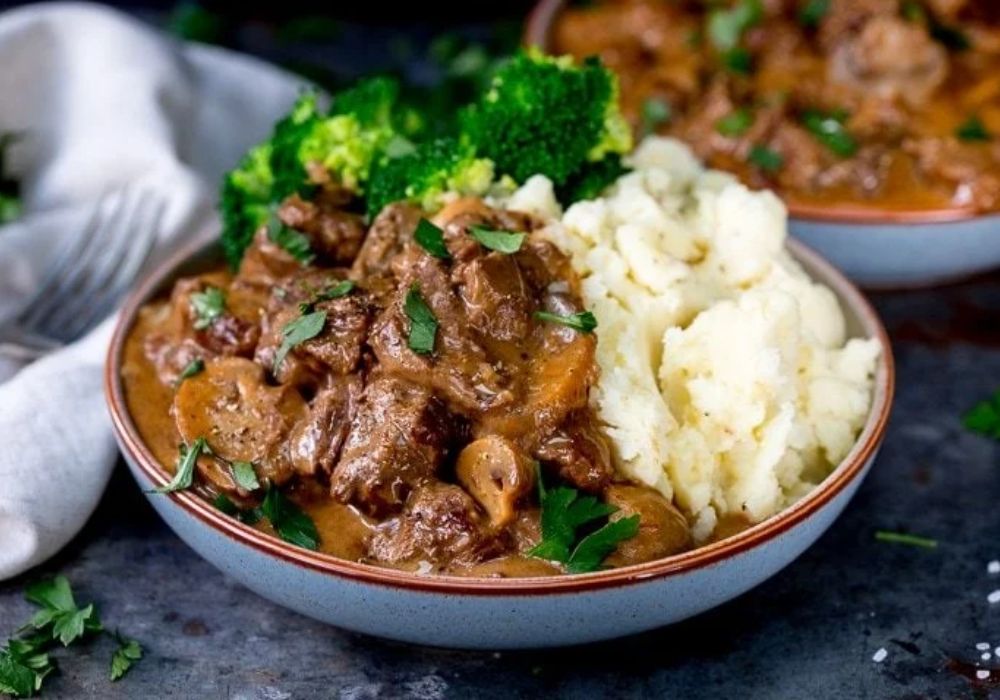
The nutritional value of pork
Meat is a key ingredient in the Greek diet. For several decades we have been consistently in the top ten countries with the highest daily meat consumption per person.
Although it is generally recommended to avoid excessive consumption of meat, however, total lack of meat (and especially red meat) from our table can lead to insufficient intake of nutrients (such as vitamin B12, which is essential for the proper functioning of the brain and nervous system and is found in foods of animal origin) and proteins of high biological value.
This can result in loss of muscle mass and serious health problems in adults and poor development in children.
THE “MISCONCEIVED” PORK MEAT
Red meat includes three categories: beef, pork, and lamb. Most consumers tend to believe that out of these three categories, pork is the fattiest and least nutritious meat – which is of course wrong. Among them, pork is the leanest, while there are some cuts (parts) of pork that are the same lean or even leaner than chicken.
PORK PROTEIN
For decades, pig breeders, both in Greece and abroad, have worked harmoniously with the scientific community. They have examined and adjusted the diet of pigs and have bred those breeds of animals that produce tastier, healthier, and more nutritious pork.
As a result of this collaboration between producers and scientists, the pork produced and consumed today has about 16% less fat and 27% less saturated fat, compared to the pork we consumed 30 years ago. About 8 different kinds of pork cuts, meet the requirements of “lean” meat since 100 grams of such meat contain less than 10 grams of fat, 5.5 g. saturated fat and 95 milligrams of cholesterol.
A piece of “pork loin” separated from fat (sirloin), has the same amount of protein as the equivalent piece of beef. Also, this piece of pork has 2 g. less fat than the equivalent piece of beef. And the pork fillet (brisket) has the same percentage of fat as that of chicken breast without the skin.
VITAMINS AND MINERALS
Pork is an excellent source of vitamins and minerals, essential for the proper functioning of the body. One hundred grams of pork offer:
• 10% of our iron needs
• 25% of our zinc needs
• 35% of our needs for niacin
• 35% of our vitamin B6 needs
• 50% of our thiamine needs
It is also an excellent source for:
• phosphorus
• selenium
• riboflavin
• potassium
As we can see, pork consumption – in moderation and according to the instructions of doctors and nutritionists – is beneficial for our health. Not only is it an excellent source of protein but it also offers important minerals and vitamins.
If we choose the leanest parts of pork (brisket contains less than 6% fat while pancetta more than 30%), we make a diet with less cholesterol than the beef would give. Also, pork fat is visible, which means that we can easily separate it from the meat. In beef, separating the fat from the meat is more difficult and, in some cuts, impossible.
At VOUDOURIS – KONSTAS SA we source pork from Greek producers and certified farms abroad. We preserve, process, and distribute our meats according to the strictest international standards, and, at the same time, we carry out the strictest quality controls, so that the end customer can enjoy tasty and healthy meat dishes on their table.



